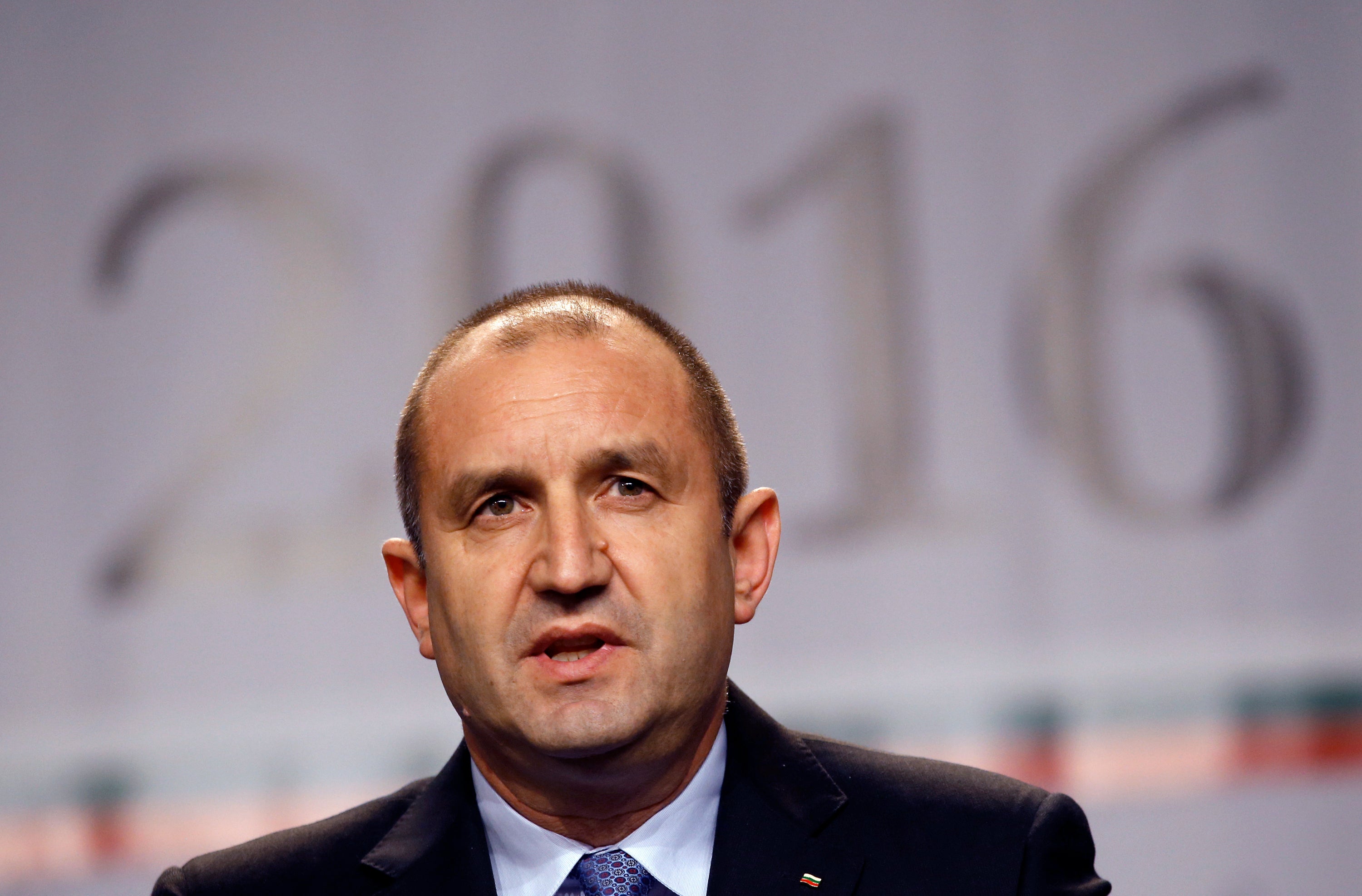Bulgaria caretaker government appointed until July election
Bulgaria has moved to quell a political crisis by appointing a retired general as interim prime minister until an election is held in July

Your support helps us to tell the story
From reproductive rights to climate change to Big Tech, The Independent is on the ground when the story is developing. Whether it's investigating the financials of Elon Musk's pro-Trump PAC or producing our latest documentary, 'The A Word', which shines a light on the American women fighting for reproductive rights, we know how important it is to parse out the facts from the messaging.
At such a critical moment in US history, we need reporters on the ground. Your donation allows us to keep sending journalists to speak to both sides of the story.
The Independent is trusted by Americans across the entire political spectrum. And unlike many other quality news outlets, we choose not to lock Americans out of our reporting and analysis with paywalls. We believe quality journalism should be available to everyone, paid for by those who can afford it.
Your support makes all the difference.Bulgaria on Tuesday moved to quell a political crisis by appointing a retired general as interim prime minister until an election is held in July.
Stefan Yanev, 61, will lead a caretaker government whose main task will be to restore stability in a nation shaken by monthlong anti-government protests and political bickering in a short-lived, deeply fractured parliament.
Yanev, a retired brigadier general who has served the last four years as security adviser to President Rumen Radev, is an alumnus of the National War College in Washington He also was defense minister in the previous caretaker government appointed by Radev in 2017.
The new premier will be backed by a Cabinet of experts for his main tasks — to deal with the COVID-19 pandemic and organize a fair election in the country, which is a member of the European Union and NATO.
The president’s office announced that Radev will dissolve parliament Wednesday and set an election for July 11.
Radev’s move comes after the inconclusive vote in April produced a fragmented parliament, where the center-right GERB party of three-time Prime Minister Boyko Borissov scored best in the election, but public anger over graft and poverty downsized its support to 26%.
Attempts by Borissov and by the second- and third-largest parties all failed to produce a viable coalition government.
Analysts predict the July election could have a similar outcome, which would fuel political instability that could hinder the EU’s poorest member’s ability to effectively tap the bloc's coronavirus recovery fund.